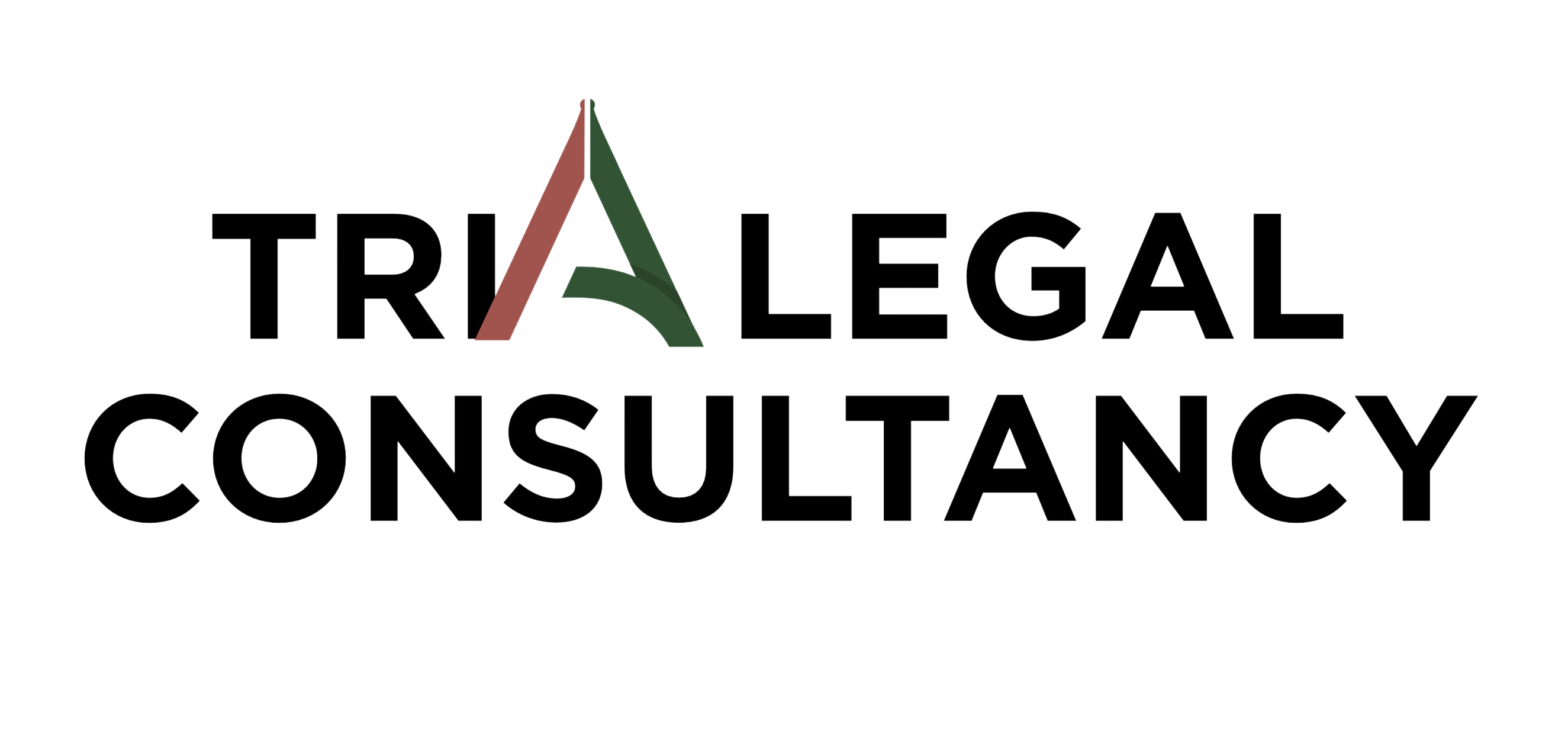CAPITAL MARKET INSTRUMENTS
CAPITAL MARKET INSTRUMENTS
Financial market instruments are all instruments traded in the money and capital markets, and capital market instruments are classified as a subcategory of this type. Therefore, confusion sometimes arises in practice regarding what should be considered as a capital market instrument. The Capital Market Law does not provide a definition of capital market instruments; instead, it specifies the types of these instruments and which concepts are not covered by this definition.
Capital market instruments are divided into three categories: Securities, derivative instruments, and other capital market instruments.
1) SECURITIES
In Law No. 6362 of the Capital Markets Law (SPK), securities are described by taking examples from relevant EU regulations, specifying the characteristics of types that could fall under this category. Accordingly, securities include: Shares, other similar securities, deposit certificates related to these shares, Debt instruments and deposit certificates related to them, securities based on securitized assets and income, and deposit certificates related to them. When referring to securities as a capital market instrument, instruments other than cash, bills, bonds, and checks should be considered. The Law does not enumerate the elements and characteristics of the definition of securities; rather, the nature of the rights provided by the instrument is emphasized. For example, if the rights provided by an instrument are related to partnership or creditorship, regardless of any other factor, that instrument may be classified as a security.
Additionally, an instrument based on a right, such as the right to acquire not the right itself but a security containing that right, such as a warrant, will not be considered a security but will have the nature of a derivative instrument. It is noteworthy that it is not necessary for the elements of an instrument, the rights it provides, the obligations it imposes, or the issuance conditions to be regulated by the Capital Markets Board.
Securities, based on the principles in SPK,
Based on direct corporate financing
Based on securitization
Are categorized under two headings. This distinction is based on the model on which the security is based rather than the right on which it is based. A security either provides a partnership or creditorship right.
A) SECURITIES BASED ON DIRECT CORPORATE FINANCING
Securities based on direct corporate financing consist of securities that provide partnership rights and securities that provide creditorship rights. Securities providing partnership rights include instruments such as participation certificates or profit-loss participation certificates, which represent a portion of the rights conferred by shares but do not have a counterpart in the company's capital. The term "deposit certificates" mentioned in the law does not constitute a separate category; instead, it arises in cases where securities issued by foreign issuers are represented in Turkey by deposit certificates, rather than being physically or electronically transferred to Turkey and entered into the system. Thus, a deposit certificate represents the securities issued, without granting any separate rights. Securities providing creditorship rights refer to bonds and similar debt instruments offered for sale by the issuer.
B) SECURITIES BASED ON SECURITIZATION
Securities based on securitized assets and income constitute a type of security based on structured finance techniques.
Structured finance is defined as the restructuring of financial market transactions and products to transfer risks and provide returns, aggregating illiquid assets into a pool, and issuing securities based on the cash flows generated by those assets, ensuring interest and principal payments to investors who will purchase those securities. Examples of structured financial products include mortgage-backed securities (MBS), asset-backed securities (ABS), covered bonds, collateralized debt obligations (CDOs), and credit default swaps (CDS).
Structured securities refer to securities issued based on securitization processes. The term "securitization" primarily refers to a structured financing technique based on the issuance of securities by transferring the credits or other receivables owned by companies to special purpose vehicles (SPVs). In addition to securities based on assets or mortgages, securities based on asset and mortgage collateral can also be considered in this context.
2) DERIVATIVE INSTRUMENTS
Derivative instruments refer to instruments covering transactions such as borrowing, borrowing in foreign currency, hedging against risks related to main financial instruments such as price, exchange rate, and interest rate, or speculative income. Derivative instruments involve transactions dependent on multiple payment methods and various amounts. Additionally, their values are dependent on the value of another financial instrument or asset. Derivative instruments can be traded by depositing a small initial margin.
Derivative instruments specified as capital market instruments in the law include:
Derivative instruments granting the right to buy or sell securities or exchange them with each other,
Derivative instruments linked to the price or yield of a security; to a currency price or price change; to an interest rate or change in rate; to a precious metal or gemstone price or price change; to a commodity price or price change; to statistics published by institutions approved by the Authority or changes therein; derivative instruments linked to an index level or change in level composed of these and derived securities, and derivatives of these instruments, Leveraged transactions on currencies and precious metals and other assets determined by the Authority.
3) OTHER CAPITAL MARKET INSTRUMENTS
These instruments are defined as instruments determined by the Capital Markets Board that do not fall under the scope of securities and derivative instruments according to the law. Although not limited to those mentioned, examples include investment fund shares, real estate certificates, and lease certificates.
Attorney Tolga Güner Koncagül


